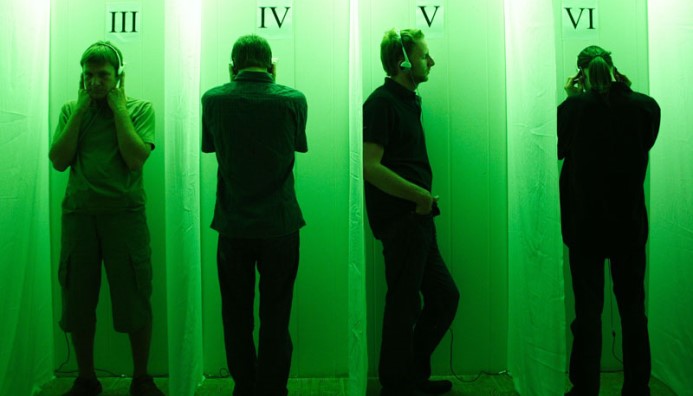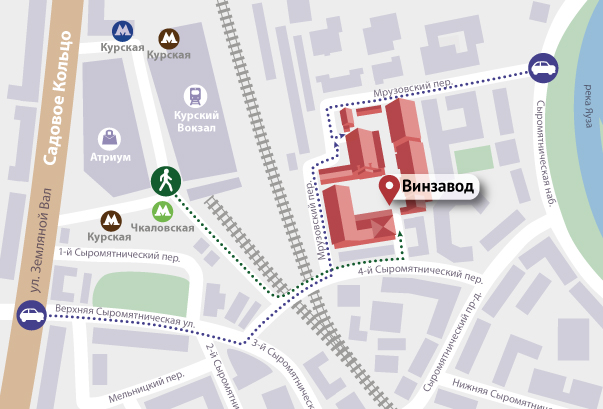To get a specific result, you must want to get this particular result; if you want to get a specific result, you will get it.
Trofim Lysenko, 1939, Speech at a meeting of genetics and selection.
A famous French psychoanalytic once called the USSR a country of university knowledge. The science and education cult was indeed one of the most important parts of Soviet mythology along with the labor cult and the faith in the unlimited abilities of a human being. It was believed that the Revolution of 1917 had been just a first step into the bright future giving an incredible space for thought and new ideas. The universal desire to change the world was pushed to the extreme, from the modern point of view verging on insanity. For a science field, record-setting labor and the wish to overcome the limits of human abilities had at times resulted in denial of the laws of nature. The most known example of a science phantasmagoria is the story of the Soviet agronomist Lysenko, who had abolished the Mendelian inheritance by the powers of his own imagination. Or Fyodorov’s philosophical doctrine of conquering death, resurrecting the fathers and of space conquest to put the resurrected ones up on colonized planets. On the other hand, the ideas of Tsiolkovsky, which seemed insane to his contemporaries, were carried out into practice as space exploration.
The continuity between the avant-garde wish to rebuild the world with the help of imagination and unbelievable scale of changes in the USSR had been noticed by Boris Groys in his study «The Total Art of Stalinism». The duality of such finding, which sees a creative motif in the rigor of the repressive Stalinism, and at the same time totalitarian motifs in the artworks of great artists, signifies impossibility for utopian radicalism to exist on the territory of the modern art. However, it is possible to find traces of such ideas among the modern projects which exceed the limits of political correctness: it is both politically committed art of the beginning of the 21st century breaking off with form creation in favor of radical thinking, and conceptual experiments reflecting upon the system of the modern art. In the Russian context, the latter is more common, and the examples of this are the projects of the total installations by Ilya and Emilia Kabakov called «An Alternative History of Art» and the co-project of curator Ekaterina Degot and artist Leonid Tishkov «Kudymkor is the Engine of the Future». As to the modern art, there are admittedly no such projects. One of the rare exceptions is Zhivokost Okopnik’s «Pharmaconcert» guided by the artist Evgeny Chertoplyasov.
The installation of the Samara artist Evgeny Chertoplyasov is an intellectual tangle. It hovers between the Soviet science documentation, tradition of the conceptual total installation and avant-garde practice of bringing together different types of art. Utilizing the aesthetics of museum exposition, which desacralizes art — such aesthetic was for example explored in Marcel Broodthaers works and in the experiments of Soviet artists of the 20s — Chertoplyasov is creating a multi-level narrative. One part of it belongs to our time as Chertoplyasov finds the materials to reconstruct Okopnik’s studies in a destroyed building of a research institute in 00s, the second part, the composer’s studies themselves, is in the utopian past, and the third part is in the potential future of art, which is being made up of a search for its form. It is possible though that if Evgeny Chertoplyasov had been born several decades earlier, his explorations could have taken a proper place among the projects of utopian visionaries.






Arseniy Zhilyaev
The Audio-installation «Pharmaconcert» is a project about the alternate history of the Samara art inf the Soviet period. The Central figure of this mystification is a nonexisting composer-futurist Jivokost-Okopnik.
For press